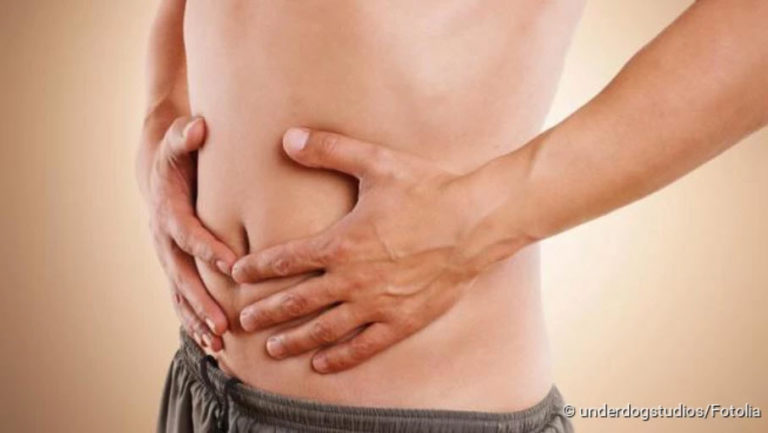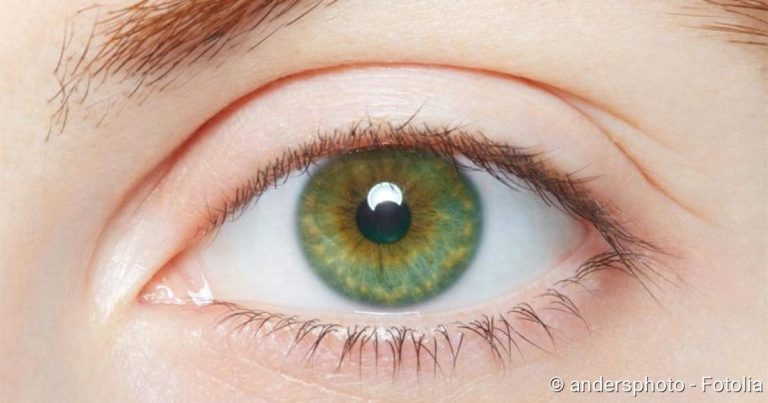How To Lose Weight With Hypothyroidism
How To Lose Weight With Hypothyroidism
The lack of thyroid hormones, which occurs in hypothyroidism, slows down almost all metabolic processes in the body. Therefore, hypothyroidism often triggers weight gain, even if the affected patients eat little. In addition, there is increased fluid retention between the organs and cells (interstitium). This also increases the body weight.

Weight loss with hypothyroidism
Losing weight despite hypothyroidism is not easy, but still possible. The combination of different approaches helps:
Take thyroid hormones
As long as the cause of unwanted weight gain – the lack of thyroid hormones – is not eliminated, people with hypothyroidism will hardly be able to lose weight. The first thing to do is therefore to start taking the artificial thyroid hormone L-thyroxine under medical supervision. It replaces the missing endogenous hormones. This allows the metabolism to “accelerate” again – the prerequisite for successful weight loss.
Be patient
Whether hypothyroidism is the reason for being overweight or other causes are behind it – if you want to reduce your weight permanently, you need patience. Because no matter how many energy reserves the body has accumulated on the hips, buttocks or thighs, it will resist weight loss. This is based on an originally important body function: In the past, it was vital for people to be able to quickly compensate for weight loss and maintain energy reserves.
Therefore, fashionable diets that promise weight loss in the shortest possible time are also nonsensical: the kilos do indeed fall quickly, but are usually just as quickly back again.
Seek medical advice
Patients who are overweight due to hypothyroidism should consult their doctor if they are seeking to lose weight. How much weight loss is good depends, among other things, on the degree of overweight, the age of the patient and his or her health condition. Doctor and patient can jointly agree on a treatment goal – i.e. a weight to be aimed at – and consider how this can best be achieved.
Proper diet and exercise
Healthy weight loss is primarily based on a good balance between diet and exercise. A doctor and/or nutritionist can help you prepare a suitable diet. It should consist of a calorie-reduced, but balanced and varied mixed diet. Individual likes and dislikes should be taken into account to make it easier for the patient to adhere to them.
Patients should discuss with an experienced doctor or sports therapist which and how much sport best supports weight loss in individual cases of hypothyroidism. An important role is played by the current fitness level, possible accompanying illnesses and health problems that the overweight has already caused (for example, knee damage). When drawing up the training programme, sports or forms of exercise should also be chosen that are easy on the joints and spine and are fun for the patient. This applies to people without thyroid problems as well as those with hypothyroidism: losing weight requires regular and consistent exercise training, and if you enjoy it, it is easier to stick to it.
Small organ, big effect
When the immune system attacks the thyroid gland
Some people are already born with an underactive thyroid gland. Mostly, however, it is the consequence of a chronic inflammation triggered by an autoimmune disease, especially the so-called Hashimoto’s thyroiditis. The immune system attacks the thyroid gland tissue.
Lump in the neck
Fish protects the thyroid gland
In order to prevent the formation of goitre, humans must take in sufficient iodine with their food. An adult needs about 200 micrograms per day. Especially fish and seafood contain a lot of iodine. However, table salt enriched with iodine is now also available everywhere. Heavily visible goiters due to iodine deficiency occur only rarely.





